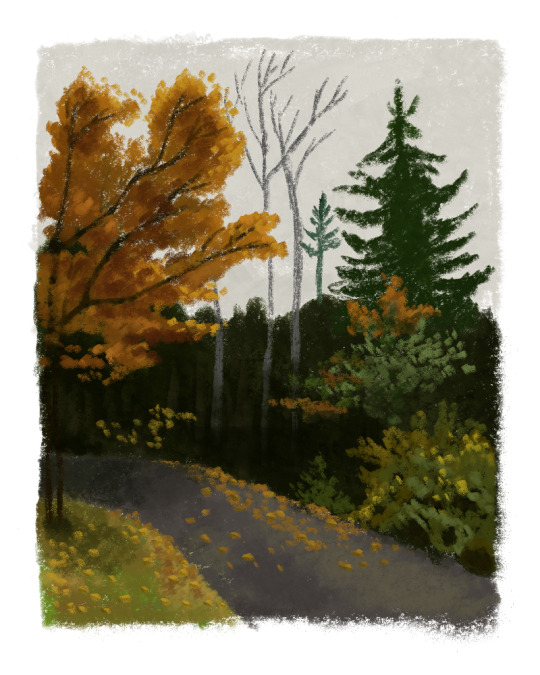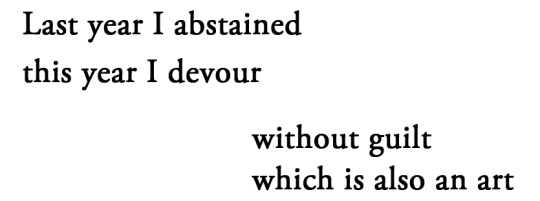Text
jstor is my boyfriend i love you jstorrrrrrrr
491 notes
·
View notes
Text
Cultural Dark Academia
After my last post about the lack of representation in academia, I felt it neccessary to provide some examples of what I’m talking about. Obviously there are more countries in the world than I can list and provide books for, so for a quick list this is what I got. !! Keep researching !! If you have any more books by POC please reply them !! If a country isn’t listed, that doesn’t mean it’s not important, this is just what I could get together real quick. If I made any mistakes, please let me know, we’re all learning. We need to help each other end eurocentrism in academia, so value representation and educate yourselves 💓💓💓
Chinese:
The Art of War by Sun Tzu
The Dream of the Red Chamber
The Water Margin
Romance of the Three Kingdoms
The Journey to the West
The Scholars
The Peony Pavilion
Border Town by Congwen Shen
Half of Man is Woman by Zhang Xianliang
To Live by Yu Hua
Ten Years of Madness by agent Jicai
The Field of Life and Death & Tales of Hulan River by Xiao Hong
Japanese:
A Personal Matter by Kenzaburo Oë
Pakistani:
Moth Smoke by Mohsin Hamid
How to Get Filthy Rich in Rising Asia by Mohsin Hamid
Ghulam Bagh by Mirza Athar Baig
Masterpieces of Urdu Nazm by K. C. Kanda
Irani/Persian:
Rooftops of Tehran by Mahbod Seraji
Savushun by Simin Daneshvar
Anything by Rumi
The Book of Kings by Ferdowsi
The Rubiyat by Omar Khayyam
Shahnameh (translation by Dick Davis)
Afghan:
Earth and Ashes by Atiq Rahimi
A Thousand Splendid Suns by Khaled Hosseini
Indian:
The God of Small Things by Arundhati Roy
Aithihyamala, Garland of Legends by Kottarathil Sankunni
The Gameworld Trilogy by Samir Basu
Filipino:
Twice Blessed by Ninotchka Rosca
The Last Time I Saw Mother by Arlene J. Chai
Brazilian:
Night at the Tavern by Álvares de Azevedo
The Seven by André Vianco
Don Casmurro by Machado de Assis
Colombian:
Chronicle of a Death Foretold by Gabriel Garcia Marquez
Delirio by Laura Restrepo
¡Que viva la música! by Andrés Caicedo
The Sound of Things Falling by Jim Gabriel Vásquez
Mexican:
Bless Me, Ultima by Rudolf Anaya
Adonis Garcia/El Vampiro de la Colonia Roma by Luis Zapata
El Complot Mongol by Rafael Bernal
Egyptian:
The Cairo Trilogy by Nahuib Mahfouz
The Book of the Dead
Nigerian:
Rosewater by Tade Thompson
Things Fall Apart by Chinua Achebe
Malian:
The Epic of Sundiata
Senegalese:
Poetry of Senghor
Native American:
The Inconvenient Indian by Thomas King
Starlight by Richard Wagamese
Almanac of the Dead by L. Silko
Fools Crow by James Welch
Australian Aborigine:
Dark Emu by Bruce Pascoe
First Footprints by Scott Cane
My Place by Sally Morgan
American//Modern:
Real Life by Brandon Taylor
Namesake by Jhumpa Lahiri
The Hate U Give by Angie Thomas
The Poet X by Elizabeth Acevedo
Internment by Samir’s Ahmed
Their Eyes Were Watching God by Zora Neale Hurtson
Rivers of London Series by Ben Aaronovitch
19K notes
·
View notes
Photo
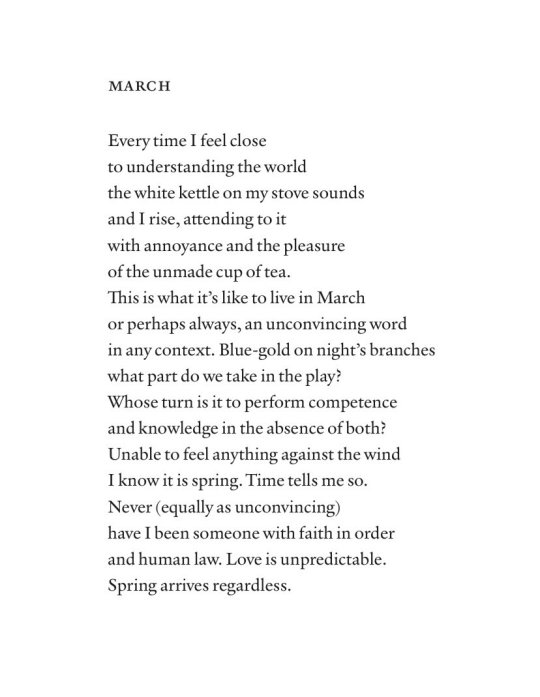
alex dimitrov, from “march” in love and other poems.
text id under the cut.
Keep reading
5K notes
·
View notes
Text
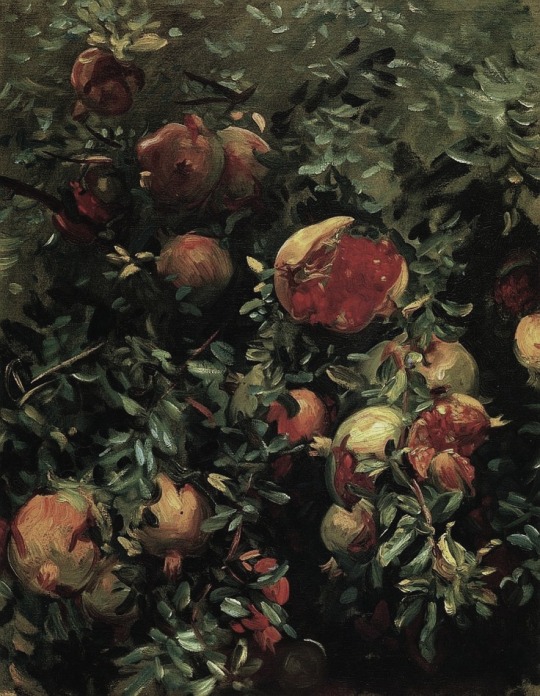
‘Pomegranates, Majorca’ by John Singer Sargent (american, 1856 - 1925)
5K notes
·
View notes
Text
In linguistics, a filler is a sound or word that is spoken in conversation by one participant to signal to others that he/she has paused to think but is not yet finished speaking. These are not to be confused with placeholder names, such as thingamajig, which refer to objects or people whose names are temporarily forgotten, irrelevant, or unknown.
In Afrikaans, ah, em, and eh are common fillers.
In Arabic, يعني yaʿni (“I mean”) and وﷲ wallāh(i) (“by God”) are common fillers.[2][3][4]
In American Sign Language, UM can be signed with open-8 held at chin, palm in, eyebrows down (similar to FAVORITE); or bilateral symmetric bent-V, palm out, repeated axial rotation of wrist (similar to QUOTE).
In Bengali, mane (“it means”) is a common filler.
In Catalan, eh /ə/, doncs (“so”), llavors (“therefore”), and o sigui (“it means”) are common fillers.
In Czech, tak or takže (“so”), prostě (“simply”), jako (“like”) are used as fillers. Čili (“or”) and že (“that”, a conjunction) might also be others. A person who says jako and prostě as fillers might sound a bit simple-minded to others.[5]
In Danish, øh is one of the most common fillers.
In Dutch, eh, ehm, and dus are some of the more common fillers.
In Esperanto, do (“therefore”) is the most common filler.
In Filipino, ah, eh, ay, and ano are the most common fillers.
In Finnish, niinku (“like”), tota, and öö are the most common fillers.
In French, euh /ø/ is most common; other words used as fillers include quoi (“what”), bah, ben (“well”), tu vois (“you see”), and eh bien (roughly “well”, as in “Well, I’m not sure”). Outside of France, other expressions are tu sais (“you know”), t’sais’veux dire? (“you know what I mean?”), or allez une fois (“go one time”). Additional filler words include genre (“kind”), comme (“like”), and style (“style”; “kind”)
In German, a more extensive series of filler words, called modal particles, exists, which actually do give the sentence some meaning. More traditional filler words are äh /ɛː/, hm, so /zoː/, tja, and eigentlich (“actually”)
In Hebrew, eh is the most common filler. Em is also quite common.
In Hindi, matlab (“it means”) and “Mah” are fillers.
In Hungarian, common filler words include hát (well…) and asszongya (a variant of azt mondja, which means “it says here…”).
In Icelandic, a common filler is hérna (“here”). Þúst, a contraction of þú veist (“you know”), is popular among younger speakers.
In Indonesian (Bahasa Indonesia), anu is one of the most common fillers.
In Italian, common fillers include “tipo” (“like”), “ecco” (“there”) and “cioè” (“actually”)
In Irish Gaelic, abair /ˈabˠəɾʲ/ (“say”), bhoil /wɛlʲ/ (“well”), and era /ˈɛɾˠə/ are common fillers, along with emm as in Hiberno-English.
In Japanese, common fillers include eetto, ano, sono, and ee.
In Kannada,Matte for also,Enappa andre for the matter is are the common fillers.
In Korean, eung, eo, ge, and eum are commonly used as fillers.
In Lithuanian, nu, am and žinai (“you know”) are common fillers.
IN Maltese and Maltese English, mela (“then”), or just la, is a common filler.
In Mandarin Chinese, speakers often say 这个 zhège/zhèige (“this”) or 那个 nàge/nèige (“that”). Another common filler is 就 jìu (“just/precisely”).
In Norwegian, common fillers are øh, altså, på en måte (“in a way”), ikke sant (literally “not true?”, “no kidding”, or “exactly”), vel (“well”), and liksom (“like”). In Bergen, sant (“true”) is often used instead of ikke sant. In the Trøndelag region, skjø’ (“see?” or “understand?”) is also a common filler.
In Persian, bebin (“you see”), چیز “chiz” (“thing”), and مثلا masalan (“for instance”) are commonly-used filler words. As well as in Arabic and Urdu, يعني yaʿni (“I mean”) is also used in Persian. Also, eh is a common filler in Persian.
In Portuguese, tipo (“like”) is the most common filler.
In Romanian, deci /detʃʲ/ (“therefore”) is common, especially in school, and ă /ə/ is also very common (can be lengthened according to the pause in speech, rendered in writing as ăăă), whereas păi /pəj/ is widely used by almost anyone.
In Russian, fillers are called слова-паразиты (“vermin words”); the most common are Э-э (“eh”), это (“this”), того (“that”), ну (“well”), значит (“it means”), так (“so”), как его (“what’s it [called]”), типа (“like”), and как бы (“[just] like”).
In Serbian, znači (“means”) and ovaj (“this”) are common fillers.
In Slovak, oné (“that”), tento (“this”), proste (“simply”), or akože are used as fillers. The Hungarian izé (or izí in its Slovak pronunciation) can also be heard, especially in parts of the country with a large Hungarian population. Ta is a filler typical of Eastern Slovak and one of the most parodied features.
In Slovene, pač (“but”, although it has lost that meaning in colloquial, and it is used as a means of explanation), a ne? (“right?”), and no (“well”) are some of the fillers common in central Slovenia, including Ljubljana.
In Spanish, fillers are called muletillas. Some of the most common in American Spanish are e /e/, este (“this”), and o sea (roughly means “I mean”).[6], in Spain the previous fillers are also used, but ¿Vale? (“right?”) and ¿no? are very common too.
In Swedish, fillers are called utfyllningsord; some of the most common are öhm, ja (“yes”), ba (comes from “bara”, which means “just”), asså or alltså (“therefore”, “thus”), va (comes from “vad”, which means “what”), and liksom and typ (both similar to the English “like”).
In Ukrainian, ой /ɔj/ is a common filler.
In Urdu, yani (“meaning…”), falan falan (“this and that”; “blah blah”), umm, and aaa are also common fillers.
In Telugu, ikkada entante (“Whats here is…”) and tarwatha (“then…”) are common and there are numerous like this.
In Tamil, paatheenga-na (“if you see…”) and apparam (“then…”) are common.
In Turkish, yani (“meaning…”), şey (“thing”), “işte” (“that is”), and falan (“as such”, “so on”) are common fillers.
In Welsh, de or ynde is used as a filler (loosely the equivalent of “You know?” or “Isn’t it?”). Ym… and Y… are used similarly to the English “um…”.
90K notes
·
View notes
Photo

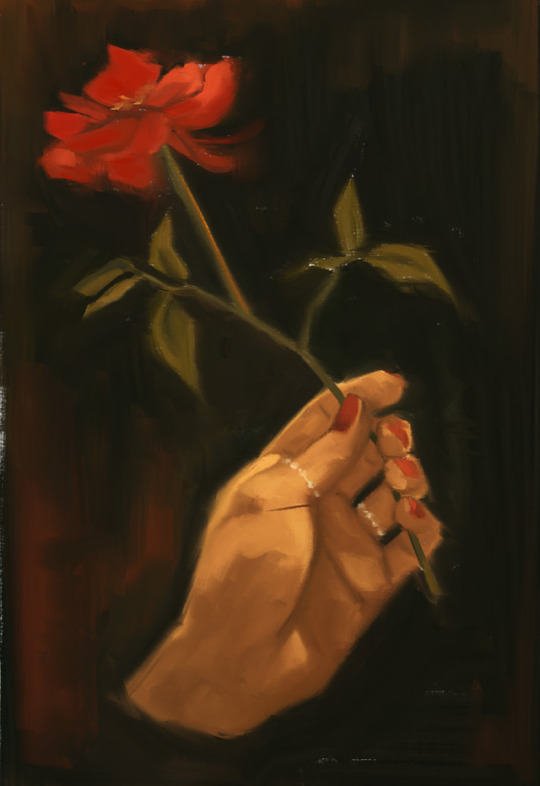
Incision
twitter. ig. merch
68K notes
·
View notes
Text
Random Words in Spanish that I Love
cursilería- tackiness or affectation
ahogar- drown
miel- honey
panal- honeycomb
lo peor de todo- worst of all
de nuevo- again
convivir- to live together, coexist
la media naranja- soulmates (see also, gemelas de alma)
morbo- morbid fascination
4 notes
·
View notes
Text
it's rotten work TO YOU. not to me though. not if it's you
1K notes
·
View notes
Text
no because i've literally been thinking about this for weeks!! it's the question of "is this tragic because it's inevitable, or because it could have been stopped?" haunts me
i respectfully disagree with the john darnielle quote about people getting sad when watching sad movies because everything is preordained. i don’t think that’s really why people - or at least me personally - are emotionally impacted by sad media most of the time.
#tragedies#and all that jazz#just really seem to hit harder#because you're still powerless no matter what
18 notes
·
View notes
Text





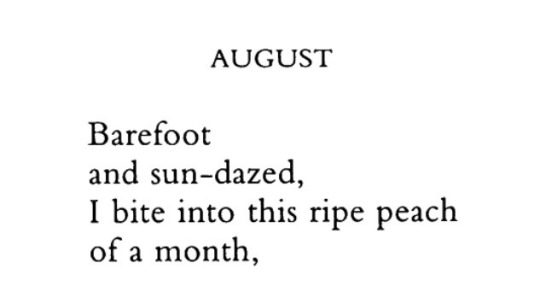
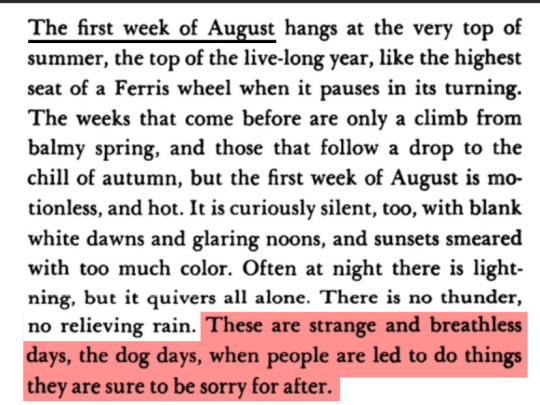



@poetryatmost / raymond carter / eileen myles / a month of changes by emility / olivia larson @poetbitesback / the months by linda pastan / tuck everlasting by natalie babbitt / dear august / morning sun by edward hopper / e.j.l. / sue monk kidd
36K notes
·
View notes
Text
is that too much to expect? that i would name the stars for you?
richard siken, crush
105 notes
·
View notes
Text
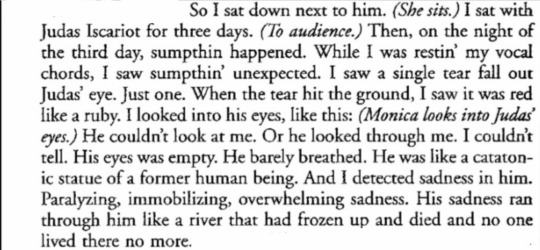
the last days of judas iscariot, stephen adly guirgis
199 notes
·
View notes
Text
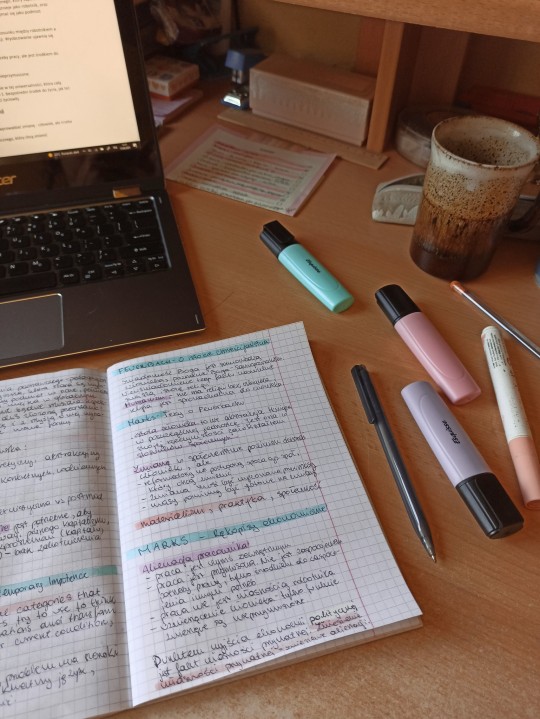
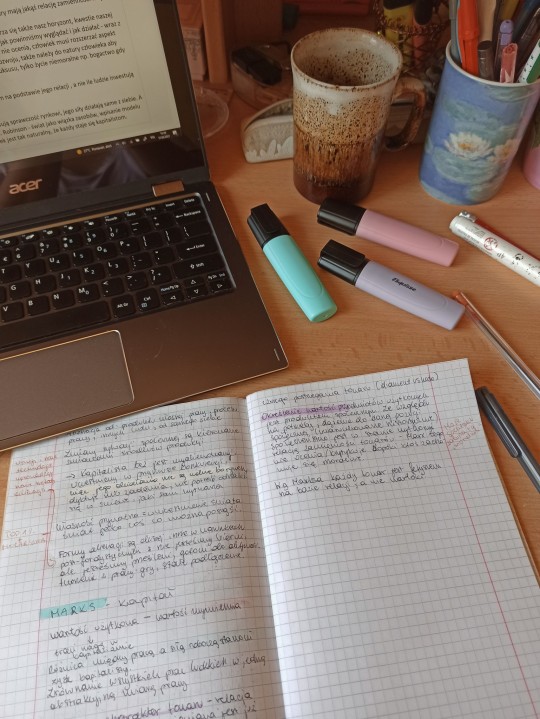
29/06/21
I don't think I've processed the fact that I've passed my last exam ever and I'm writing my last essay ever and my student career is coming to an end after 19 years LOL mental breakdown pending 👀
[ig]
277 notes
·
View notes
